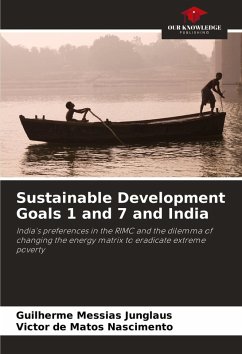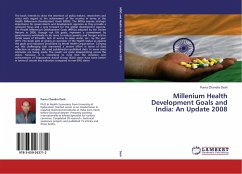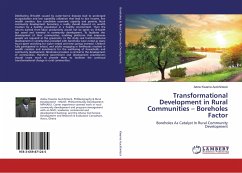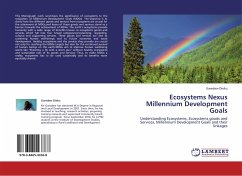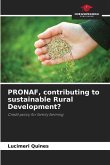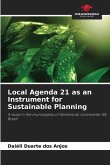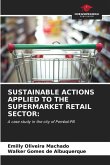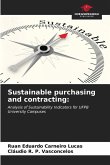This research seeks to understand India's preferences within the framework of the International Climate Change Regime (ICRC), in view of Sustainable Development Goals one and seven, which deal respectively with the eradication of extreme poverty and access to clean and affordable energy. The aim was to understand how energy relates to poverty and to highlight a dilemma between the political agendas faced by the country: on the one hand, the social agenda of eradicating extreme poverty, and on the other, the contributions, in this case voluntary, to the RIMC. The method used was documentary analysis, based on official reports that presented qualitative and quantitative data on the object of study. Given the size of the country's population and the fact that its energy matrix is carbon-intensive, India prioritises the poverty eradication agenda because it considers it to be more urgent, or because making use of the most available source, coal, is, in the short term, the path that most increases its gains and reduces its costs.
Bitte wählen Sie Ihr Anliegen aus.
Rechnungen
Retourenschein anfordern
Bestellstatus
Storno

